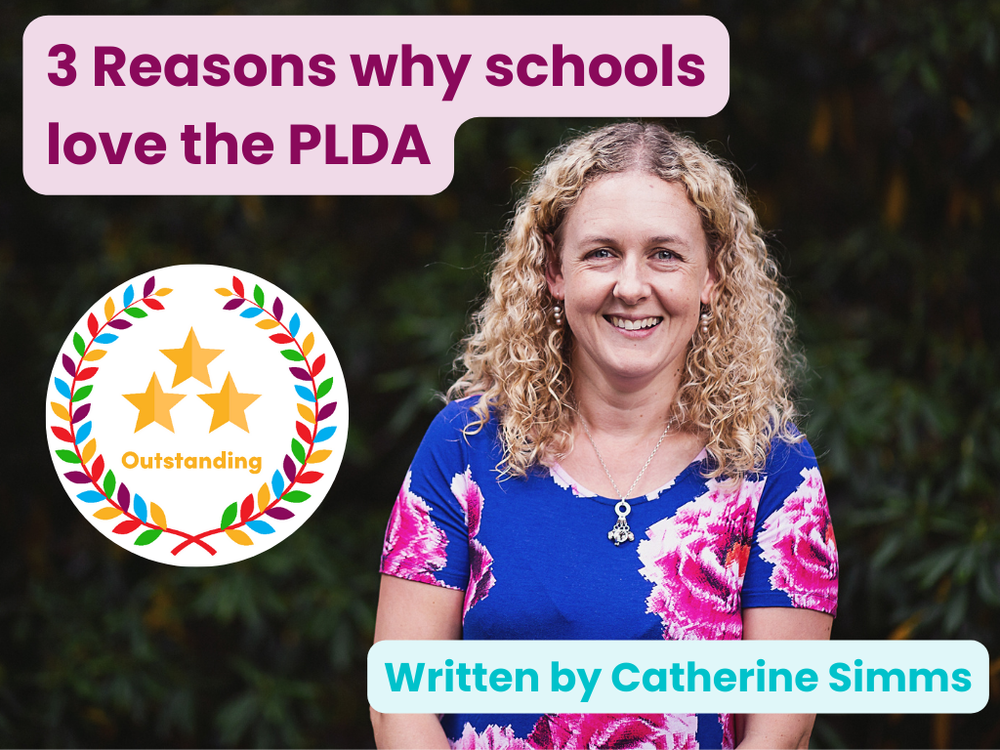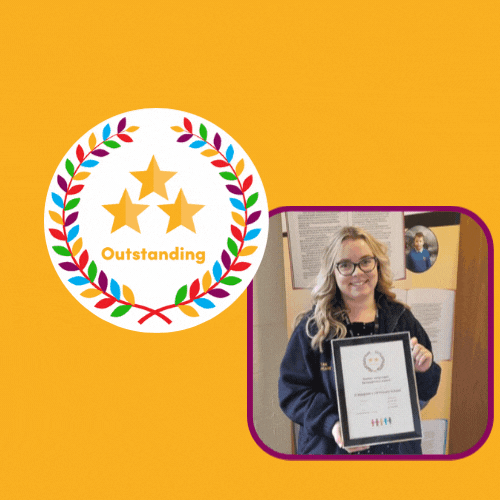3 Big reasons schools love completing the PDLA
At PLN, we want schools to feel proud of their Primary Languages, and one of the ways we help them to achieve this is through the Primary Languages Development Award (PLDA).
I feel very privileged to be the PLDA mentor, as it allows me to see the language provision of many different schools, some at the start of their language journey and others where languages have been established a long time and are looking to refine their provision.
The schools that complete the PLDA always have something positive to say about the process and their achievement. Here are the three BIG reasons why schools love doing the PLDA:
1) Put the spotlight on languages
Let’s face it, the primary timetable can be a bit of a squeeze, and it’s a challenge to fit everything in! The priority subjects are often the core subjects of English and Maths and sometimes languages can be a low priority or a time to catch up on daily readers…
The feedback that I get from coordinators completing the award is that it is wonderful to put the spotlight on languages. To achieve the award, the focus becomes languages in school, making sure that teaching and learning is taking place, making links with high schools, celebrating European Day of Languages, establishing assessment and so on…
This can be so rewarding for languages coordinators, to have their subject as a whole school priority, and feel the support of staff, and the achievement at the end of the process which can be proudly displayed and celebrated in school!
2) Move languages forward
The PLDA assessment criteria are organised into seven sections and there are three levels to achieve: Establishing, Enhancing and Outstanding.
What I always suggest to coordinators is that they look at which criteria they already have evidence for, and to celebrate this as the great features of their existing languages provision. The remaining criteria are then the targets to work towards, and once those targets have been met, they have actively moved their languages provision forwards. Once all the criteria have been met, the award can be sent to school and you can celebrate your achievement!
3) Unite your staff
Team work makes the dream work! Although the process of evidencing is down to the coordinator, it needs to be a team effort for the award to be a success. There are certain criteria which are centred around the coordinator and the responsibility to collate the evidence lies with him/her. However, to be successful in achieving the PLDA, staff and SLT will need to be on board.
Here are some examples of criteria where the coordinator needs staff involvement:
Staff need to be aware of the DfE Programme of Study, languages need to be mentioned in the School Improvement Plan, and the coordinator needs to demonstrate how he/she supports staff.
I have received lots of great feedback from coordinators saying that they were so proud of what they had achieved and how staff have really got behind them to reach the goal!
A few smaller reasons…
Coordinators love the clear structure of the award that gives them the guidance they need to complete their evidence.
They also appreciate the guidance and support from me during the process and knowing they can ask questions if they get stuck on any of the criteria.
Save the best ‘til last… receiving the award certificate! This is definitely a highlight and a great way to celebrate the hard work of the coordinator, the teamwork of the staff and the fact that PFL has been moved forward in school!
Are you interested in achieving the PLDA? Would you like to put the spotlight on languages and move your provision forwards?
You can find out more details such as pricing and award level descriptions on our PLDA page here. You can also book a consultancy to ask questions about the award, and access the order form if you want to go ahead.


